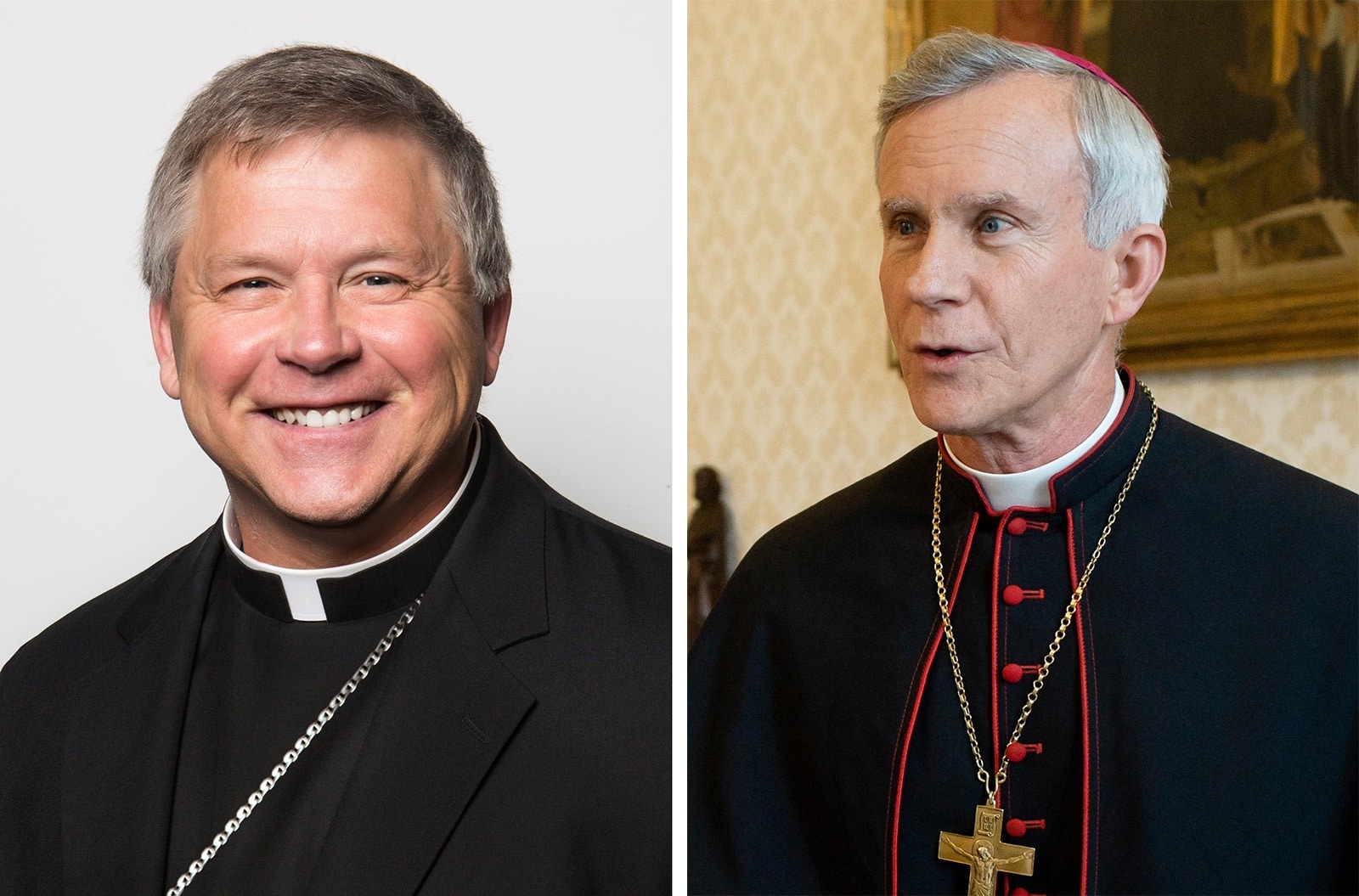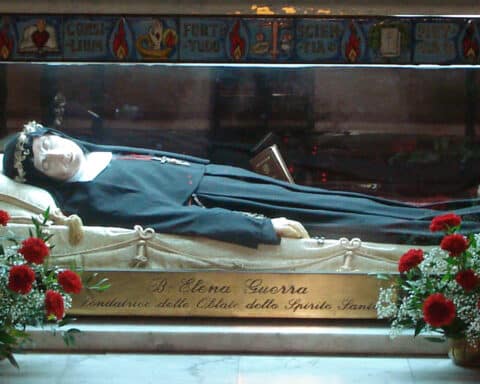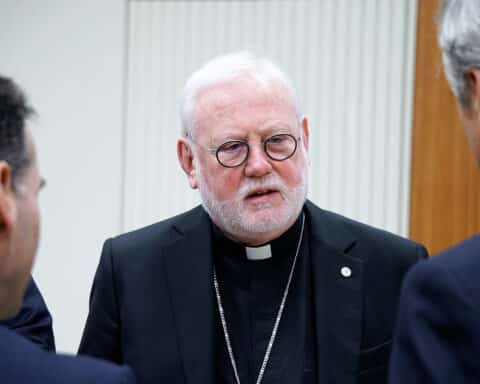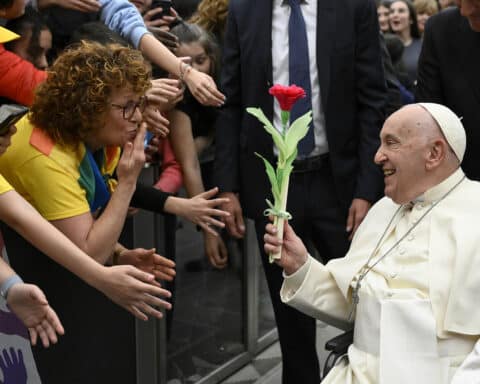American Catholics may have found surprising, or to some Catholics unsettling, two recent papal actions affecting bishops in this country.
Bishop Richard F. Stika, of Knoxville, Tennessee, nine years shy of retirement, resigned. News reports in both the secular and Catholic media state that an investigation by the Vatican into Bishop Joseph Strickland’s administration of the Diocese of Tyler, Texas, has been completed.
Each case has its details, but, basically, since the apostles, bishops have led communities of believers in given territories, called dioceses. The bishop of Rome is responsible, before God, for the functioning of all bishops, wherever they are, since he, as Catholics always have held, is the successor of St. Peter, appointed by Jesus to head the Church. Papal oversight is immediate and unqualified.
Obedience to the pope
Popes always have named bishops, discharged them, created, merged and dissolved dioceses, and set requirements for bishops. Acknowledging papal authority, bishops deliver to the pope, on a regular, scheduled basis, extensive reports of their management of their dioceses.
Peter’s successor also sets the direction for the Church, to respond to prevailing circumstances.
When a priest is appointed to be a bishop, he vows loyalty and obedience to the pope, not just by accepting rules for fasting on Good Friday or when he agrees. It means genuine acknowledgement of the pope as leader of, and spokesman for, the Catholic Church.
A model to follow
The Church learned lessons from history. When King Henry VIII repudiated the authority of the pope, separating English Christianity from the universal Church, Bishop (now Saint) John Fisher maintained his loyalty to the papacy. He paid with his life.
Sadly, he was the one bishop in the entire country not to go along with the king, the only way to survive, granted, but many highly respected theologians at the time said Henry was right in his arguments and that the pope was wrong. Close advisers to the pope thought the pope was wrong.
St. John Fisher insisted that popes are Peter’s successors, with a special grace of office.
Due process
Bishops make decisions affecting people’s religious lives, often significantly, and the decisions do not always please everybody. Bishops are human. Decisions, even if well-intentioned, may not be wise. Catholics who have problems with bishops’ decisions have had the right to ask the pope for relief, as lawyers say, or at least for a hearing.
Complaints spontaneously go from priests or laity to Rome, usually through the papal representative in the country, the nuncio. A specific department in the Vatican reviews the complaints.
Experience shows that this department takes complaints quite seriously. It asks the bishop in question for an explanation, for his side of the story, in fairness, and in respect for his rights as an official but also as a person.
If problems continue, or are not settled in preliminary questioning, the pope appoints investigators, usually bishops with reputations for good judgment, and generally a team.
Current ‘visitators’
For Knoxville, last fall, the Vatican appointed the bishops of Arlington and Richmond in Virginia as “visitators,” as they are called. They went to Knoxville, met people and clergy, and reported their findings to Rome. These two bishops lead dioceses booming with newcomers, with long, proud Catholic traditions, strongly Southern in culture, university towns, just like Knoxville. The Arlington bishop previously served in Raleigh, North Carolina, very similar to Knoxville. They are veteran, respected diocesan administrators.
The retired bishop of Tucson, Arizona, and the bishop of Camden, New Jersey, it is reported, went to Tyler. Each has had much experience in administering a diocese.
The Knoxville and Tyler bishops are certainly not the first to be called by a pope to account. Bishop Stika is not the first to resign. Is it in fact Church politics, some breakdown in the “ole boy network”? Even cardinals, archbishops of huge, major archdioceses, some alive today, with friends in high places, have gone through the same.





